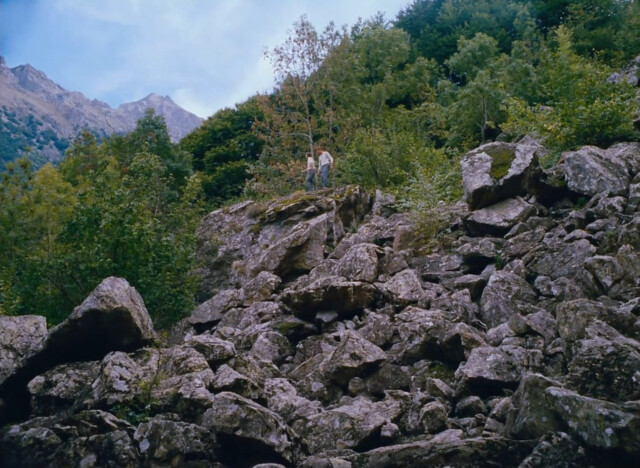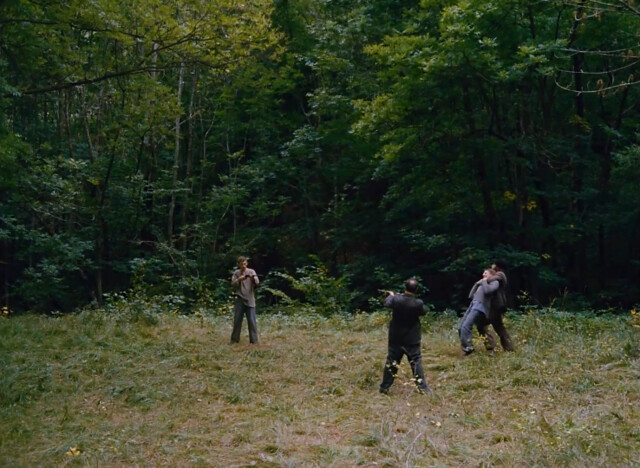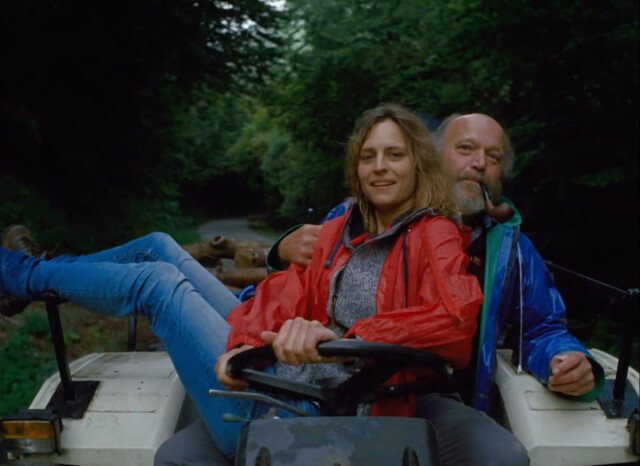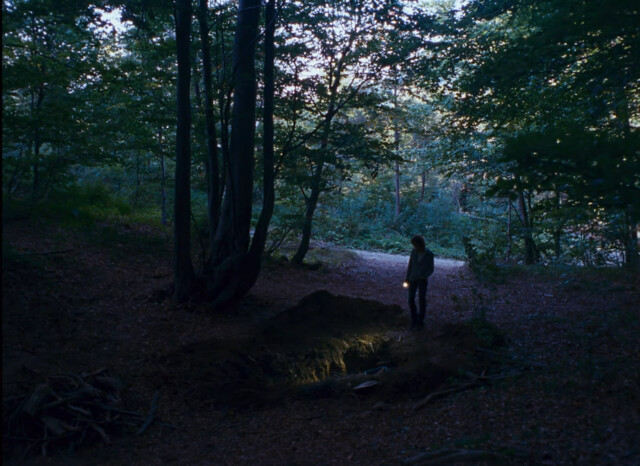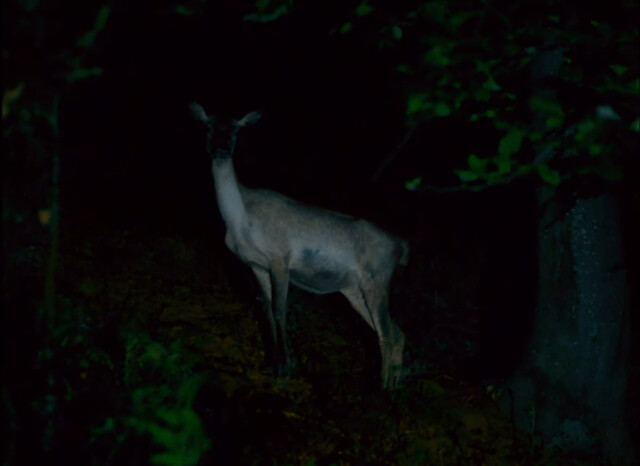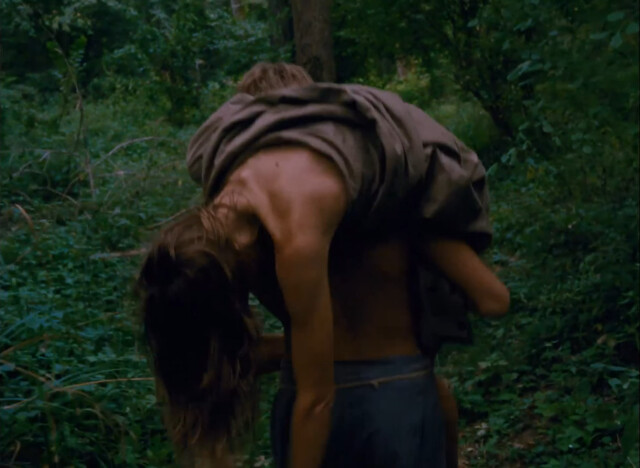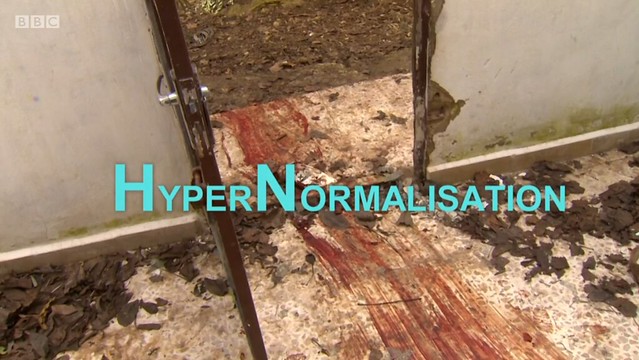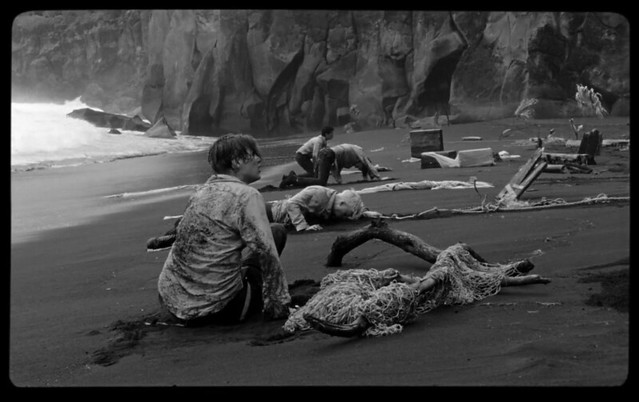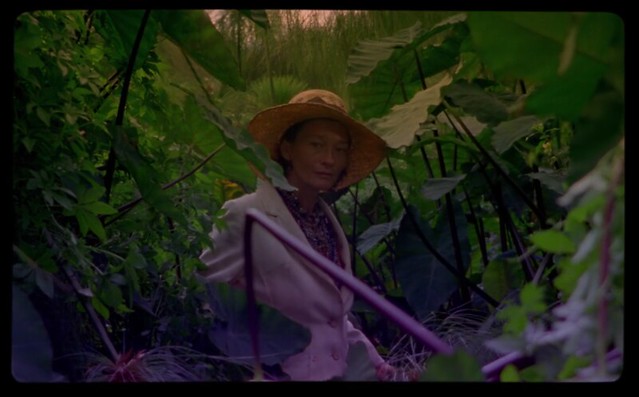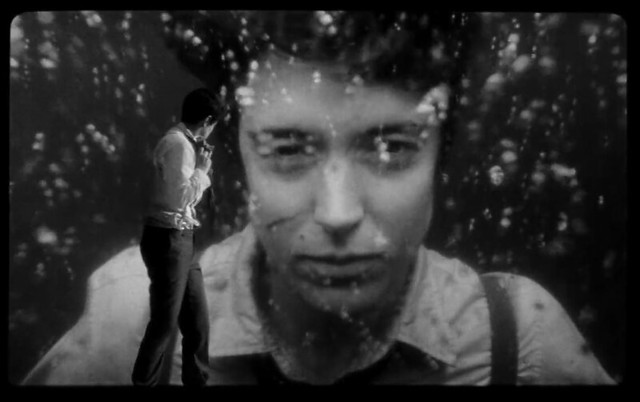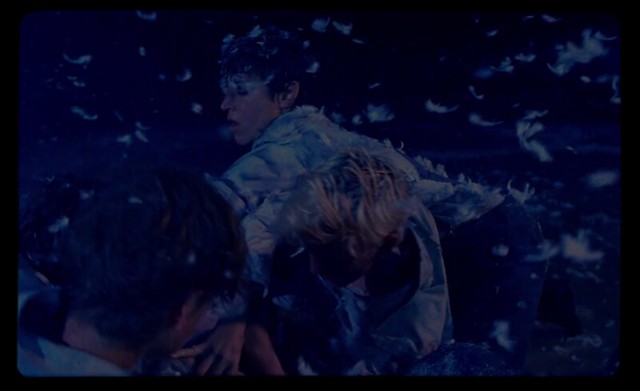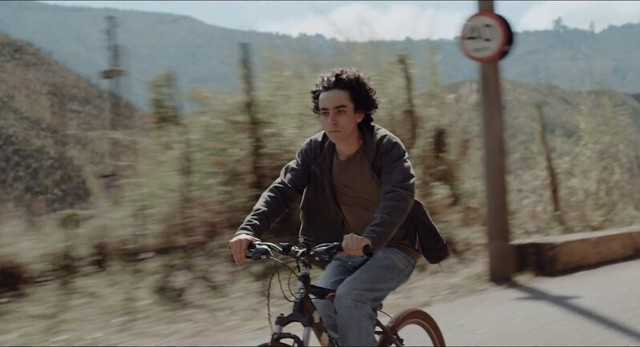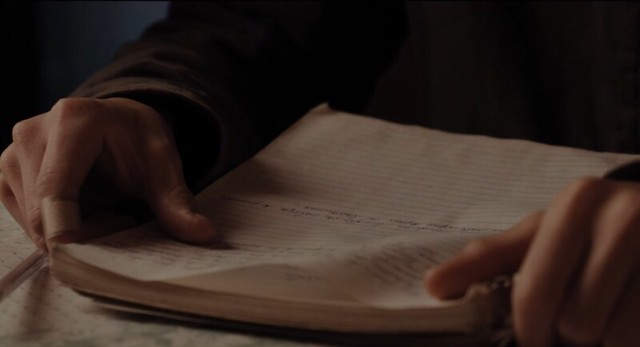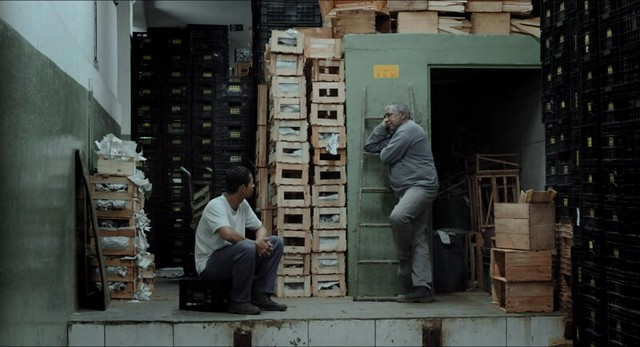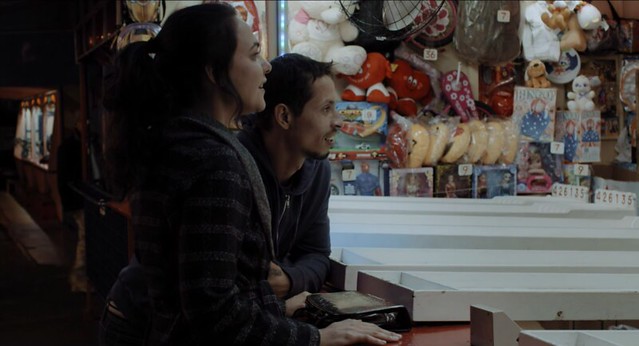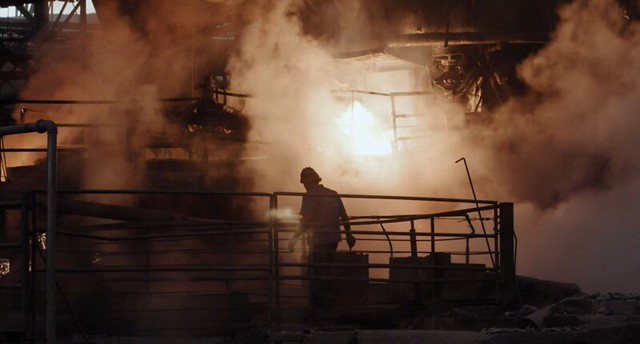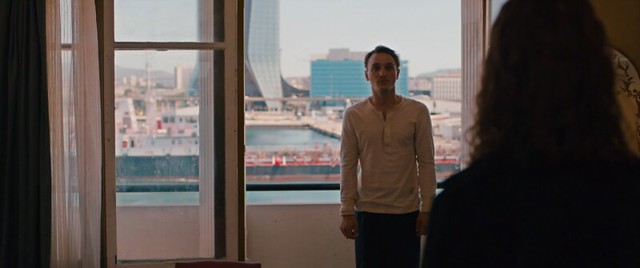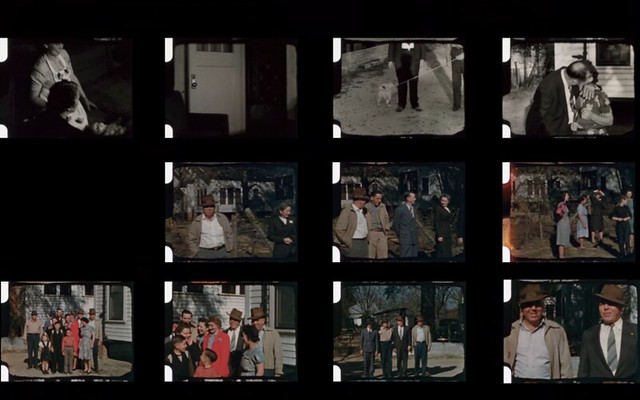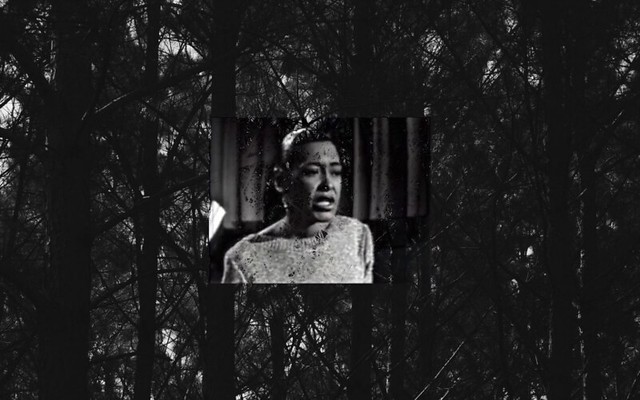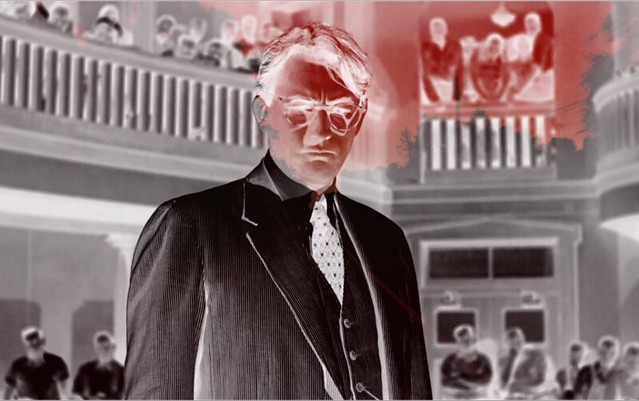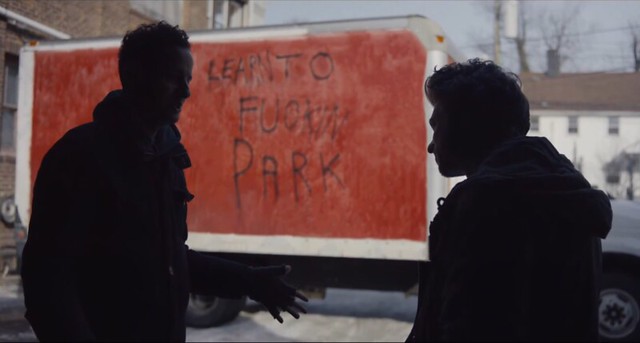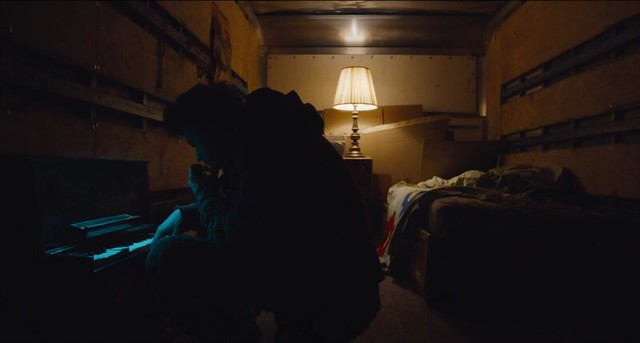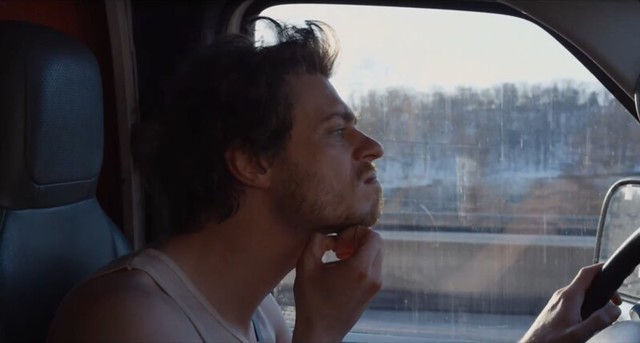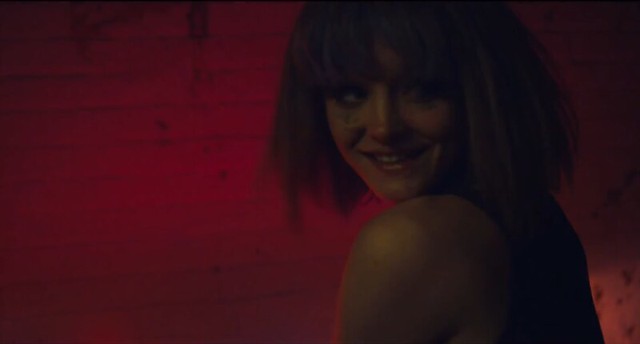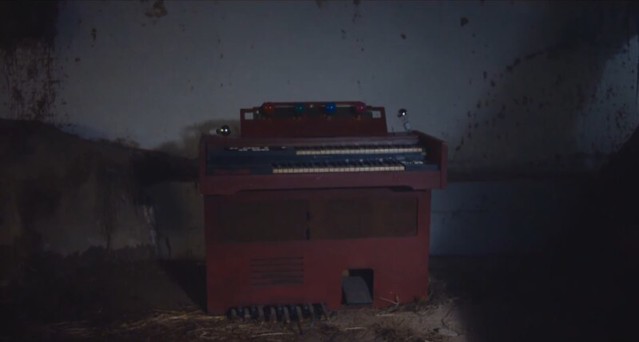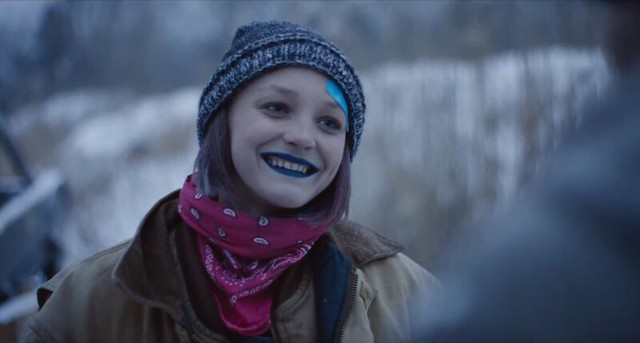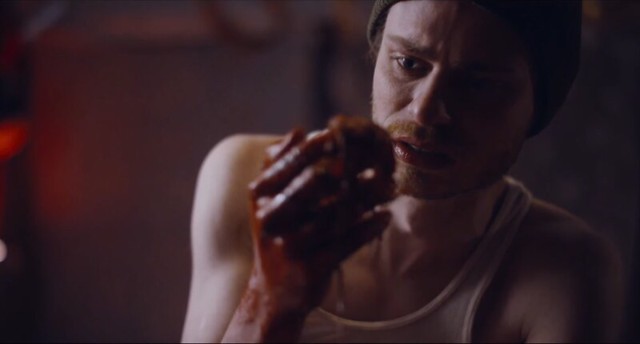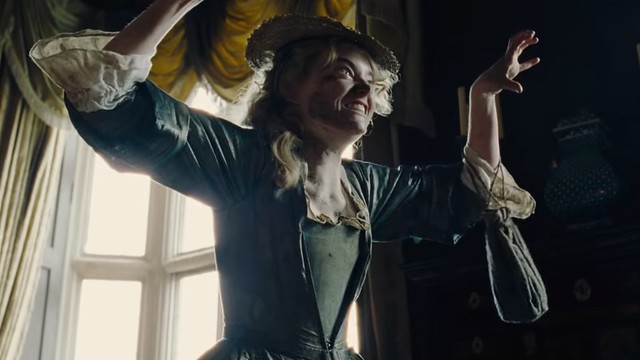
Yorgos Lanthimos' first foray into a film not written by him (and his constant writing partner Efthymis Filippou), The Favourite retains all the witty cynicism and deadpan humor that the world has become accustomed to throughout his filmography. But it has rounded the masochistic edge and made it more palatable. And it's a good thing. It is in large part thanks to his three main actresses - Olivia Coleman, Rachel Weisz and Emma Stone who shine in their respective roles.
Olivia Coleman is Queen Anne, a blubbering womanchild whose health is failing and leaves all the queen's duties to Sarah Marlborough (Rachel Weisz), who is her strict disciplinarian and also her lover. It seems that thanks to her no bullshit approach and tough love that kept the wolves (opposition party headed by pompous Harley, played by hilarious Nicholas Hoult) at bay. Enter Abigail (Emma Stone), a distant cousin of Sarah, first hired as a kitchen maid, proves herself to be a cunning social climber using her looks and quick wit. It becomes a battle between Lady Sarah and Abigail to win the favor of the ailing and temperamental queen.
Think of The Favourite as humorous Barry Lyndon. The stately glacial façade of Kubrick's film was always a stone's throw away (pun intended) from parodying comedy anyway. Costumes,opulent interiors and harpsichord music tells you that you are watching a period piece, but its sardonic wit and amped up performances are quite the contrary. Lanthimos remains to be the only filmmaker who can get away with using wide angle lens shots because his comedy calls for it. Robbie Ryan's energetic candlelit interior shots are a thing of a beauty as well.
The favourite is a wickedly funny film that hits all the right marks. It touches upon all the hallmarks of Lanthimos other films - patriarchy/monarchy, desire and perversion and loneliness. Coleman, Weisz and Stone deserve all the accolades.
